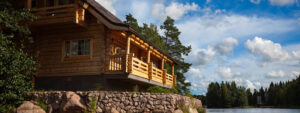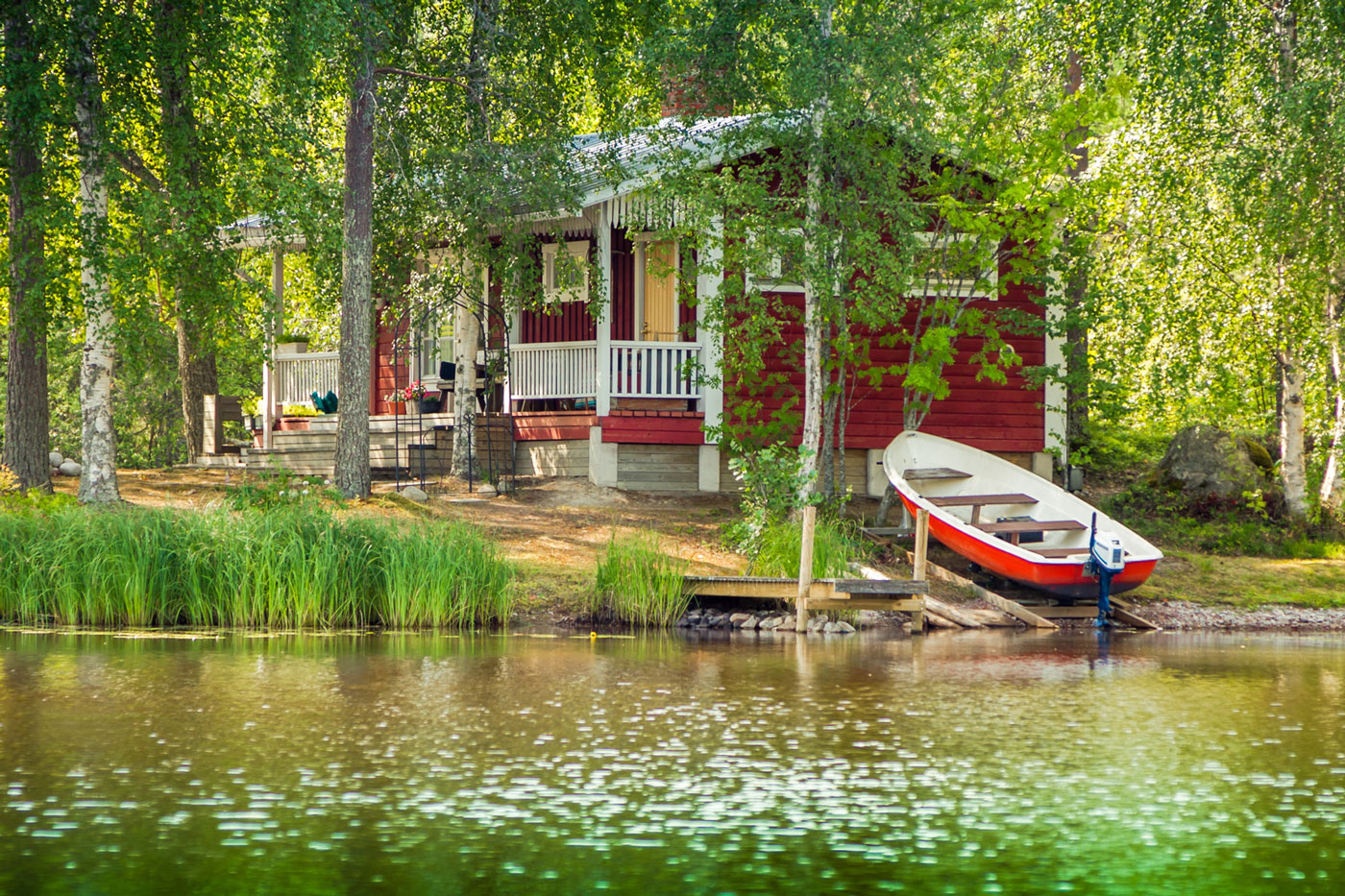Is a cottage a good investment?
Like many Canadians, you’ve probably dreamed of buying a beautiful lakefront cottage in Muskoka, Niagara on the Lake, or The Kawarthas. And with the proper research, the right budget, and a reliable mortgage broker, your dream can become a reality.
However, as a second-home buyer or investor, you need to understand your options and the risks associated with second home financing. That’s why we’ve taken the time to answer the following questions that you may be asking – to ensure that you are fully aware of what’s involved in purchasing your dream vacation home.
Let’s get started:
Is a second home a good investment?
Second homes can yield a great return if you flip it, invest in upgrading it, or simply maintain and sell it when demand is high. A second home is also a good investment if you’re a family or individual who vacations frequently – as you’ll have access to a vacation spot that you own.
However, owning a second home comes with the same responsibilities, if not more, as owning a primary home. For example, you’ll likely need to pay:
- Someone to cut the lawn when you’re not there
- For travel costs to get to your vacation home
- For maintenance and repair costs, etc.
Contact us today to find out if a second home is a good investment for you!
How are cottages classified?
Cottage or vacation properties are classified as either A or B:
Type A Cottages Requirements:
- Must be occupied at some point during the year by the owner or their relative
- Must have potable running water and central heating
- Must have plumbing and electricity
- Must be occupied rent-free
- Must be winterized with year-round access
- Must have permanent foundation below frost line
Type B Cottages Requirements:
Type B cottages only need to have running water, be intended for occupancy at some point in the year by the owner or their relatives, and be built on a solid foundation.
Talk to us to learn more about Type A and Type B cottages!

Can I rent out my second home?
One way to afford a second property is to rent your vacation home part-time when you’re not using it. With options like Airbnb, you can make some extra cash and ensure your home is being ‘checked-in on’ when you’re not there.
However, it is very important to understand that if you need to rent out your place to afford your second mortgage, your property becomes an “investment property”, not a “second home”.
For more information on second homes, please contact us!
What’s the difference between a vacation property and a rental home?
Rental homes and second home properties are financed differently. If you qualify for a mortgage without intent to rent, you can buy it as a vacation home – accessing a better mortgage interest rate. However, if you do want to rent your second home, qualifying will become a bit more difficult.
Talk to the mortgage brokers at The Mortgage Station to learn more.
What makes a second home a smart investment?
As with all homes, your vacation or second home should meet the following basic criteria (depending on your wants and needs). The below items will also make your property more appealing should you decide to sell:
- Have running water (and electricity if needed)
- Be inspected and determined “safe” by a trusted inspector
- Be located in an ideal, safe location
- Have an outhouse, compost toilet, or septic system
- Be located near local amenities and hospitals
- Have fairly new and durable roofing
- Fall in your budget
- Have a fire pit, heating system, or wood stove chimney
- Have spots for parking
Those looking for a more sophisticated vacation home may also look for:
- Clean, drinkable water
- Pool or lake access
- Strong WIFI and cellular reception
- Boathouse and/or dock access
- Automated water and toilet system
- Full HVAC system
Contact us to find out if a second home is a smart investment for you!
What will my second home down payment be like?
Many vacation homes can be purchased with as little as 5% down payment. However, you require more if you don’t have cash readily available for a second home, and it’s a good idea to talk to a mortgage broker about being able to borrow your down payment.

How do I qualify for a second property mortgage?
Second property loans have higher rates than primary residence mortgages do. Credit score and debt-to-income requirements are also higher for second mortgages. Therefore, it’s smart to always consult a mortgage broker and to have them shop around for the best mortgage rate on your behalf.
Are you ready to talk to a broker about your second home?
At The Mortgage Station, we take an integrative approach to mortgages and your finances to get you the mortgage you need for today while helping you to achieve your goals for the future. Contact the team at The Mortgage Station today!
[youtube id=”https://www.youtube.com/watch?v=aNP9vZv7mYc” width=”600″ height=”350″ autoplay=”no” api_params=”&rel=0″ class=””]


